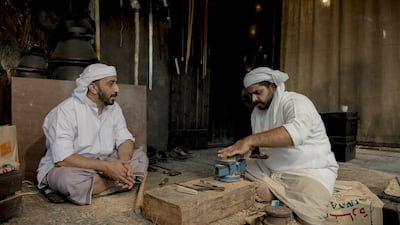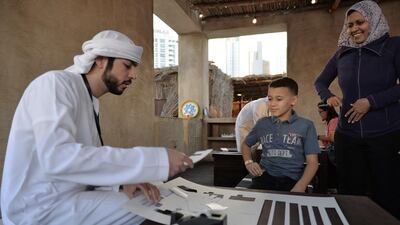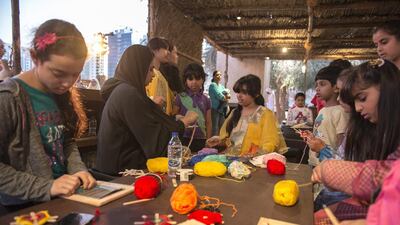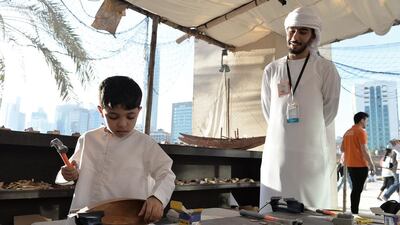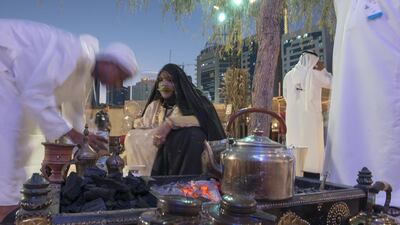The fourth festival, a celebration of Emirati culture and heritage, opened on Wednesday and visitors have been treated to traditional dancing, an introduction to local handicrafts and delicious food during the first few days. The festival’s motto, “Take part in history”, delivers every bit of that promise.
Qasr Al Hosn Festival delights visitors during first weekend - in pictures
Most popular today




